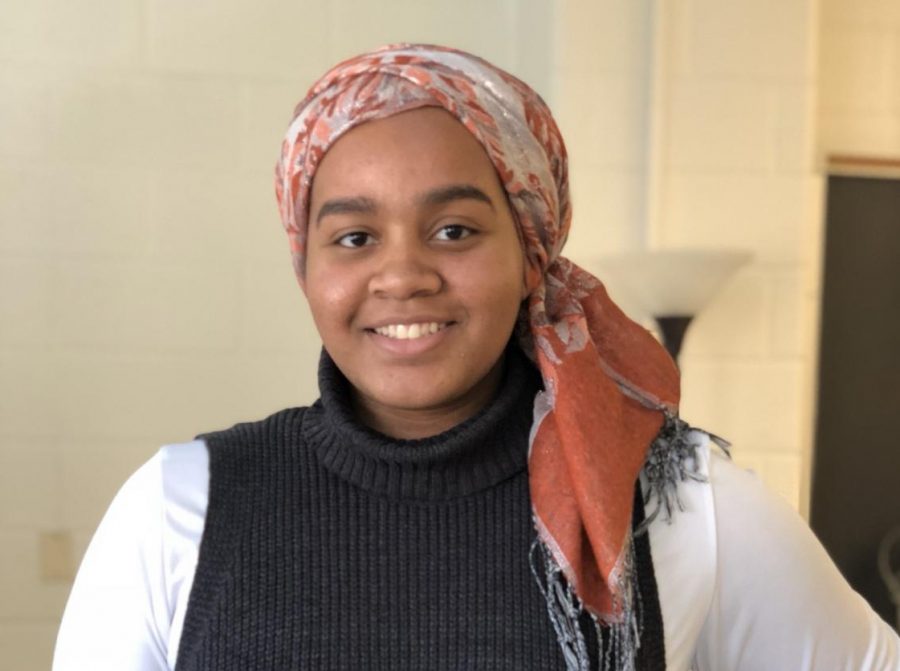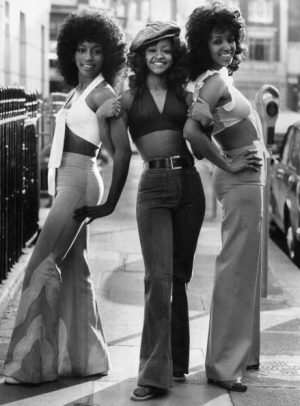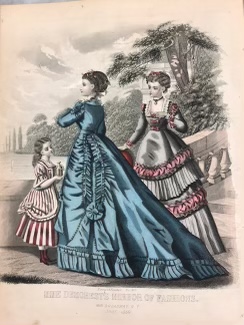My hijab doesn’t oppress me, but assumptions about it do
Senior Je’Nan Hayes
February 2, 2018
“The religion of Islam is sexist. It oppresses women and women have no rights.” This is a statement that is frequently and mistakenly made by people who are not Muslim and who are uninformed about Islamic culture.
I am Muslim. I wear hijab. I am not oppressed.
Living in such a fast pace, modernist, “Land of the Free” country, you may be wondering, “Je’Nan, if you were born in America and aren’t being forced to wear hijab; why do you restrict yourself?”
Well, to be frank, hijab is not restrictive at all. Now, for those who have no idea what I’m talking about. The hijab is a veil or scarf worn by women to show their modesty and identity as a Muslim.
I make the conscious decision every day to wear hijab. Just like any other person, I brush my teeth, eat breakfast, and put on my hijab. So, for all the people who say that I’m “oppressed,” you are, in fact, incorrect.
The Webster dictionary describes oppression as “to burden spiritually or mentally: weigh heavily upon.” If hijab were to “burden” me in any way or form, I have the choice to not wear it. Simple as that.
I’ve been wearing hijab for quite some time now (eight years and counting to be exact) and here are some life examples as to how I have not been limited to do the things I please, just as any other person would.
For my fifth grade promotion from elementary school transitioning into middle school, our school decided to reward the graduating fifth graders with pizza and a pool party. The logical question is: “Je’Nan, how are you going to swim? What are you going to wear?” Everyone asked me this leading up to the pool party.
That was my first year of wearing a hijab. So I didn’t realize I would need a special bathing suit until people asked that question. But I went home, talked to my mom, and we ordered a special swimsuit. A week passed and my package was delivered just in time for the pool party.
The day of the pool party had arrived and everyone was gathered around the pool in their regular swimsuits. I was the only one who looked different, and I was scared that I wouldn’t be allowed to swim. But when the lifeguard saw me, I got in the pool just like everybody else.
My classmates saw me and were fascinated by my swimsuit, and a couple of my teachers even said that they were amazed at how well my swimsuit was a perfect fit for my beliefs.
But it hasn’t always been smooth sailing. In a painful example, in March of 2017, my school’s girls varsity basketball team traveled to a school outside of my county to play in the playoff game. I was there, but my coach never put me in the game. I didn’t know why.
After the game, which we lost, my coach, Donita Adams, pulled me to the side and told me the reason that I spent the entire game on the bench: a referee forbade it because of my hijab.
In basketball, no player is allowed to wear jewelry, which is understandable. But there was also apparently a seldom-enforced rule, which even athletic director Reggie Spears did not know about, stating that I had to file a petition with the state to wear the hijab that I had worn every day for the past seven years.
While the media attention that followed this incident led to a change in the rule, that was the only time that I felt restricted by wearing hijab. That restriction did not come from anyone in my family or faith–it came from an outsider who used my religion to oppress me.
The reality is that western culture perpetrates the idea of hijab as a form of oppression because it deviates from the norm. People are therefore quick to label it as a form of subjugation instead of the conscious choice that it is. And that assumption is one of the biggest forms of oppression that Muslim women in this country actually face.









Shaheed • Sep 1, 2019 at 5:32 pm
It is commendable and heartening to know that we have young Muslima ready and proud to bear the flag of Islam.
Limor Dekel • Mar 12, 2018 at 5:32 pm
So happy to see you speak up rather than keeping it inside. Informing people is the way to change minds. I enjoyed reading the article.
Lory Gardner • Feb 4, 2018 at 9:37 am
Je’nan, your passion for educating people, your openness and eloquence are amazing. I am so proud of the strong woman you are becoming and I am honored to have taught you.
Keep changing the world and clearing up misconceptions and misinformation!
I can’t wait to see all the great things you accomplish!